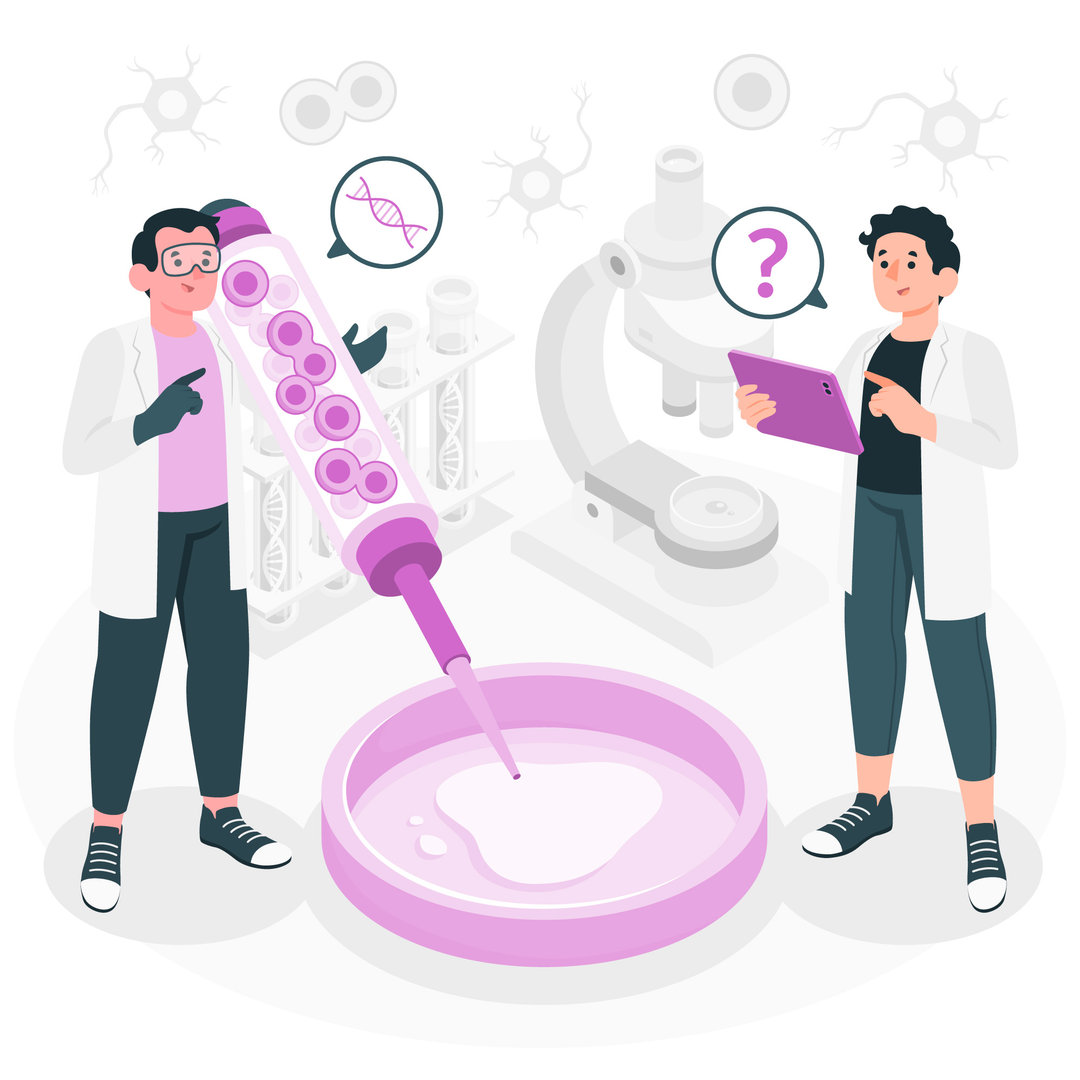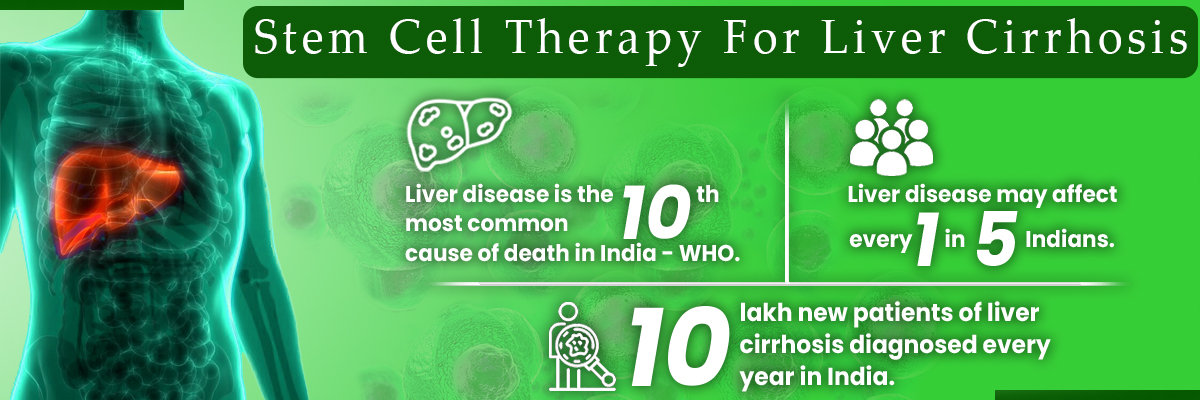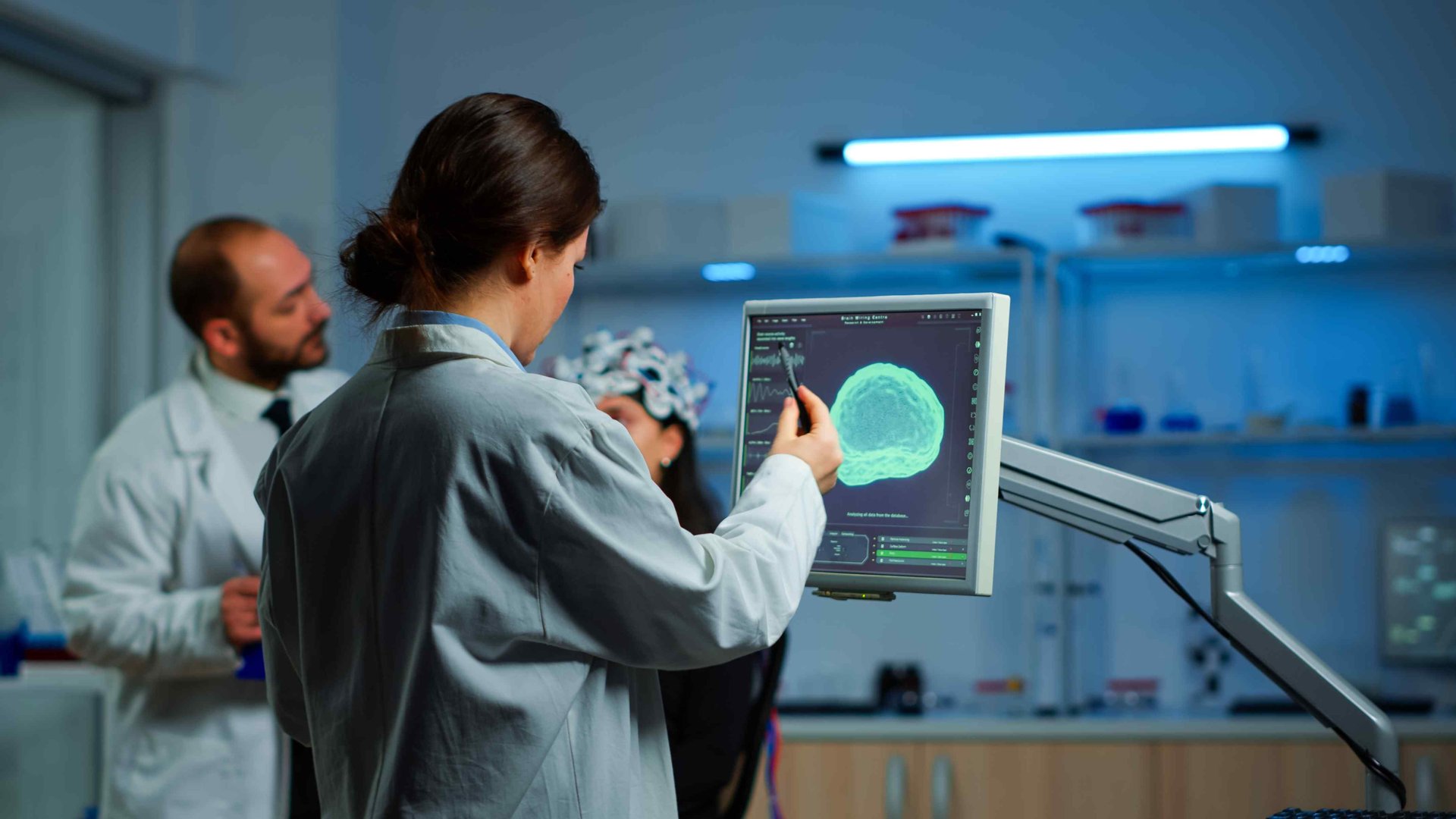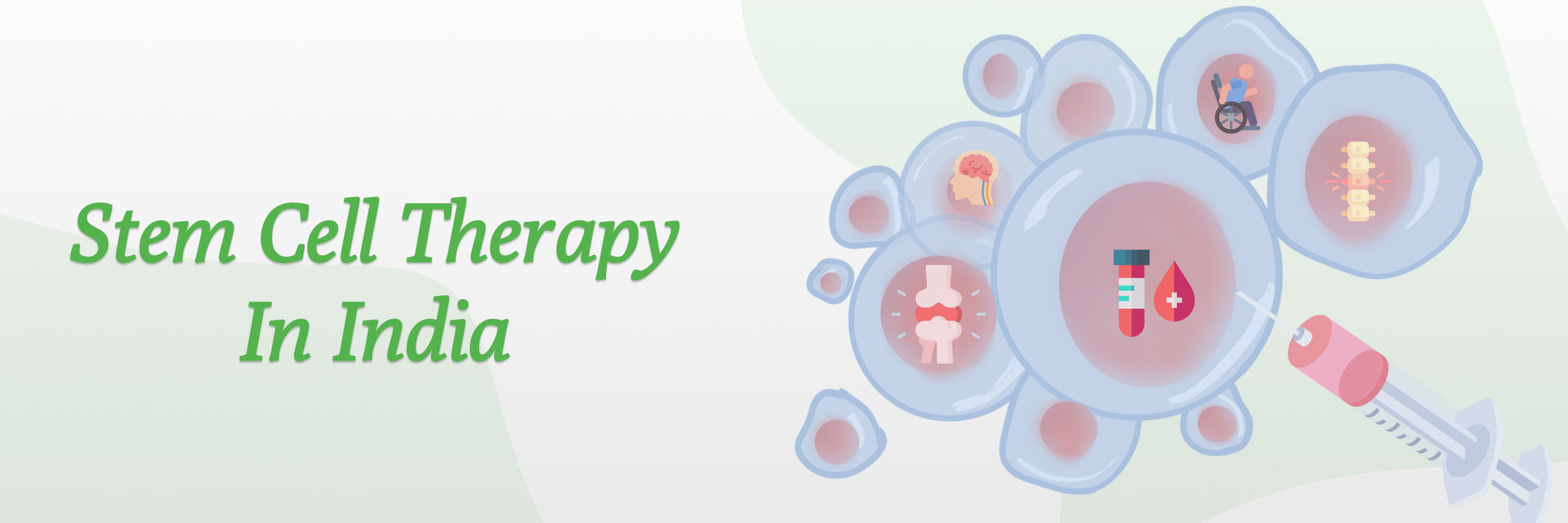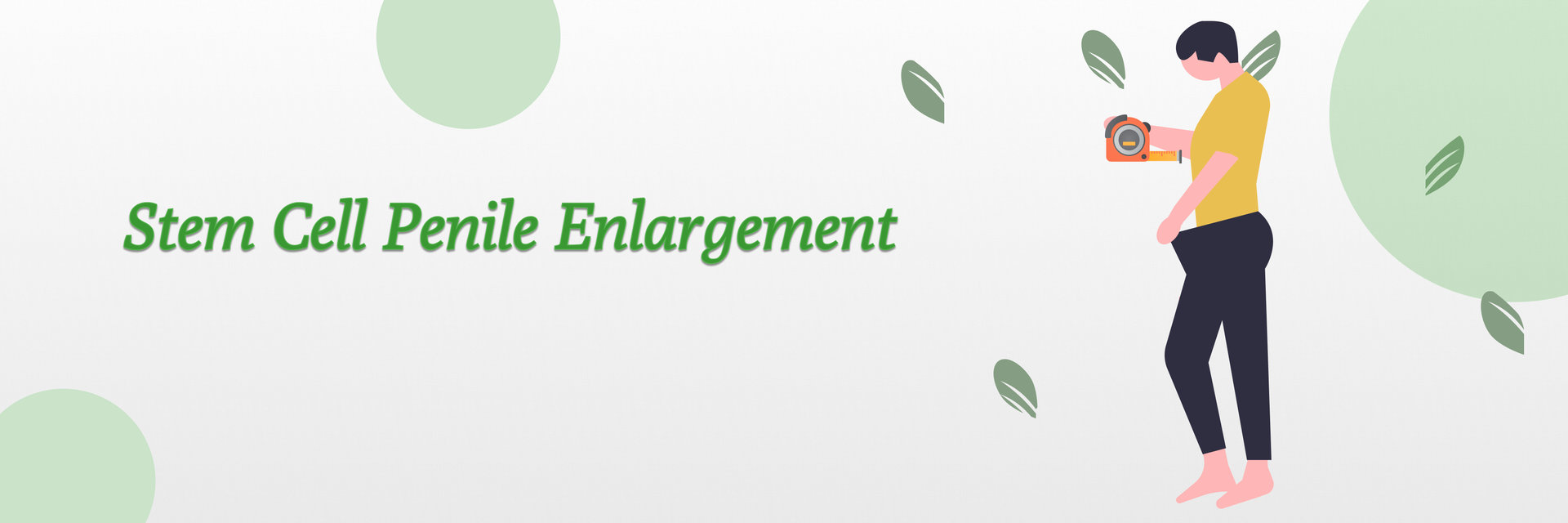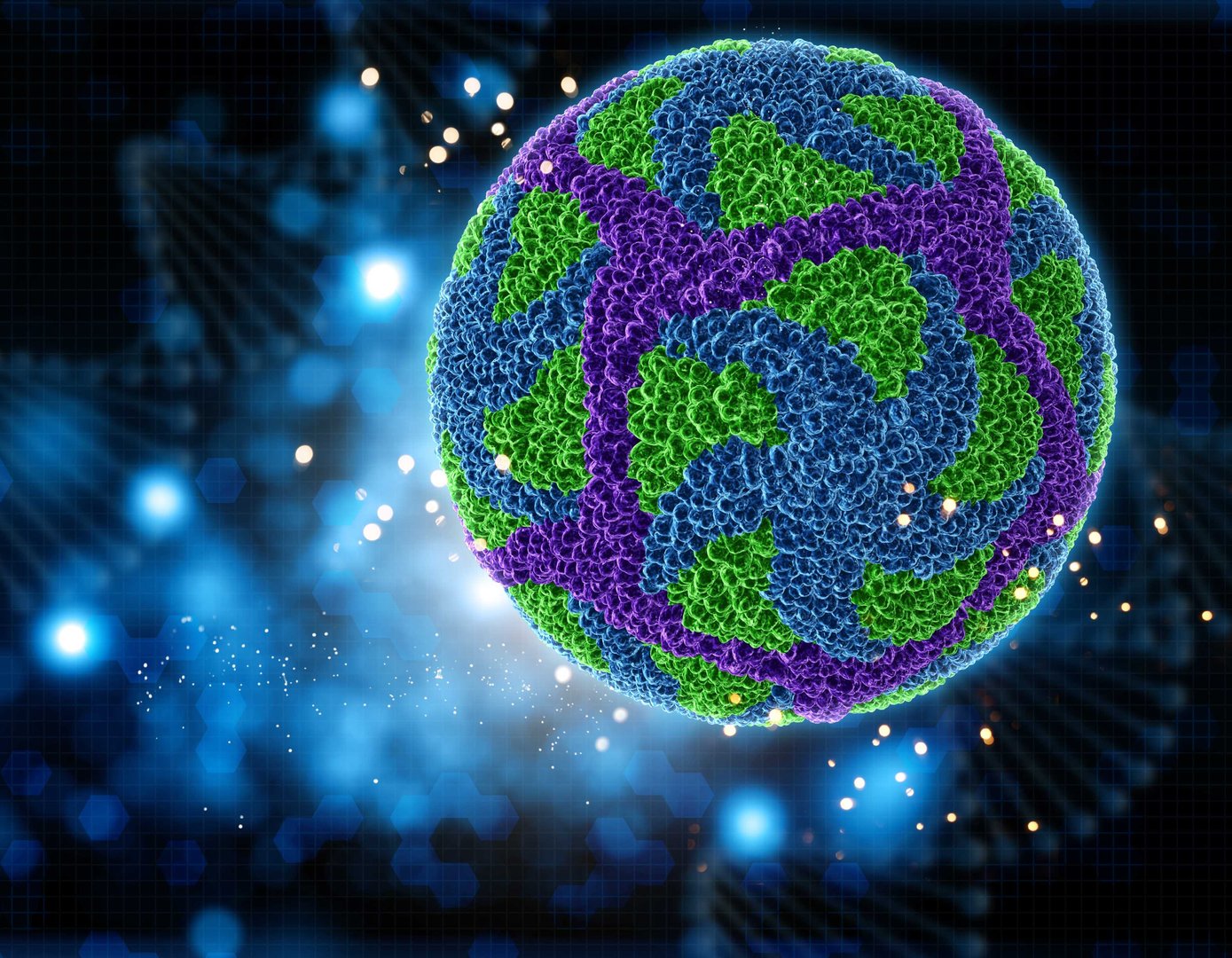Overview:
Traumatic Brain Injury (TBI) is a critical public health issue in India, with over 1 million new cases annually—the highest in the world. Road accidents are the primary cause, leading to severe disabilities, cognitive impairments, and emotional distress. Tragically, one person in India dies every 6 to 10 minutes due to TBI.
As traditional treatments often fall short in reversing brain damage, stem cell therapy for TBI is emerging as a cutting-edge, regenerative option. By leveraging the body's own healing potential, this therapy aims to repair brain tissue and restore neurological functions.
Don’t let traumatic brain injury hold you back. Visit ClinicSpots and explore your treatment options for TBI today, or you can book online doctor consultation on our platforms in just few clicks.
Can Stem Cells Cure Traumatic Brain Injury?
While stem cell therapy is not yet a definitive cure for TBI, it has shown remarkable potential to enhance brain recovery and improve neurological function. Backed by a growing body of clinical research, this regenerative approach is helping patients regain lost abilities and restore independence. Here’s how stem cells contribute to healing the injured brain:
- Reducing Brain Inflammation: Stem cells, especially MSCs, reduce inflammation, protect healthy brain cells, and prevent further damage.
- Stimulating Neural Regeneration: Stem cells regenerate nerve cells and repair neural pathways, helping restore lost motor and cognitive functions.
- Replacing Damaged Brain Cells: NSCs and iPSCs replace dead or dysfunctional neurons, promoting tissue regeneration and functional recovery.
- Improving Blood Flow: Stem cells enhance blood vessel formation, improving oxygen and nutrient supply, which aids in faster recovery.
Stem cells may not cure traumatic brain injury, but they offer promising benefits for improving recovery. Want to learn more about your treatment options? Enquire now for a personalized consultation and get expert advice on how stem cell therapy could help with TBI recovery.
Clinical Evidence: What the Research Says
In India, a clinical study involving 179 cases of chronic neurotrauma, including 13 TBI patients, demonstrated that 82% showed improvements after receiving autologous bone marrow mononuclear cell therapy combined with neurorehabilitation.
According to a pivotal study published in the Journal of Neurotrauma, patients who underwent stem cell therapy after a moderate to severe TBI experienced notable improvements in cognitive and motor skills. These benefits were significantly better compared to those who received only conventional therapies like medications or physical rehabilitation.
The study measured key outcomes such as:
- Memory retention
- Motor coordination
- Speech and communication ability
- Overall functional independence.
Patients treated with stem cells demonstrated:
- Faster recovery timelines
- Higher neurological scores
- Improved quality of life over a 6–12 month period
These findings suggest that stem cell therapy not only halts further damage but actively contributes to brain repair, making it a promising addition to standard TBI rehabilitation protocols.
Where is Stem Cell Therapy for TBI Treatment Available?
Stem cell treatment for TBI is offered in several countries:
- India: Leading the way with affordable, advanced care at top centers like NeuroGen, StemRx, and Medanta.
- USA & Canada: Available mainly through clinical trials and research programs.
- Germany & Thailand: Provide private, regulated treatments with varying accessibility and cost.
Best Hospitals for Stem Cell Therapy for TBI in India
India has become a global hub for affordable and advanced stem cell treatment. Some of the best hospitals and institutes for TBI therapy include:
1. StemRx Bioscience Solutions Private Limited (Dr. Mahajan’s Hospital) Navi Mumbai
StemRx offers cutting-edge stem cell therapies, focusing on neurological, orthopedic, and genetic disorders with a multidisciplinary team and ethical clinical protocols.
Notable Achievements:
- Pioneered personalized stem cell therapies for autism and cerebral palsy.
- Developed proprietary regenerative treatment protocols.
- Conducted over 8,000 successful stem cell procedures.
- Recognized for translational research in cell-based therapy.
2. NeuroGen Brain and Spine Institute, Mumbai
NeuroGen specializes in stem cell therapy for untreatable neurological disorders, combining rehabilitation with regenerative medicine to enhance functional outcomes.
Notable Achievements:
Treated over 11,000 patients from 75+ countries.
Published 100+ peer-reviewed research papers.
Awarded “Best Stem Cell Therapy Centre” multiple times.
Integrated neuro-rehabilitation with stem cell science.
3. Medanta - The Medicity, Gurgaon
Medanta is a premier multi-specialty hospital offering advanced stem cell treatments in cardiology, orthopedics, and neurology through its regenerative medicine department.
Notable Achievements:
Among first Indian hospitals to use stem cells in cardiac repair.
Established a state-of-the-art stem cell lab.
Conducted successful clinical trials on knee osteoarthritis.
Collaborated internationally on cell therapy research.
4. Kokilaben Dhirubhai Ambani Hospital, Mumbai
Kokilaben Hospital integrates stem cell therapy with world-class diagnostics and clinical excellence across neurology, orthopedics, and oncology specialties.
Notable Achievements:
Launched advanced regenerative medicine programs.
Offers clinical-grade autologous stem cell procedures.
Houses India's first Full-Time Specialist System (FTSS).
Conducts stem cell clinical trials for spinal cord injury.
5. AIIMS, New Delhi
AIIMS is India’s premier medical institute, pioneering stem cell research and therapies through its departments of neurology, oncology, and regenerative medicine.
Notable Achievements:
Successfully treated leukemia using bone marrow stem cells.
Initiated stem cell trials for spinal cord injury.
Recognized as a Centre of Excellence in regenerative medicine.
Government-funded research in mesenchymal stem cell applications.
6. Apollo Hospitals, Chennai
Apollo Hospitals is a leader in multispecialty healthcare, offering innovative stem cell therapies for cardiac, orthopedic, and neurological conditions.
Notable Achievements:
First in India to use stem cells for cardiac care.
Operates Apollo Centre for Regenerative Medicine & Research.
Performed 500+ bone marrow stem cell transplants.
ISO-certified stem cell processing facility.
Discover the benefits of stem cell therapy for TBI in India—where advanced treatments meet affordable care. Contact us today to learn more and explore your treatment options!
Traumatic Brain Injury Types and How Stem Cells Can Help
Traumatic Brain Injury (TBI) can vary in severity and type, each affecting the brain in different ways. Stem cell therapy offers targeted benefits depending on the type of injury by repairing tissue, reducing inflammation, and restoring neurological function.
1. Concussion (Mild TBI)
What it is:
A concussion is a mild TBI caused by a blow or jolt to the head. Symptoms include dizziness, confusion, headaches, and temporary memory loss.
How stem cells help:
Stem cell therapy can accelerate neurological recovery by reducing inflammation and promoting cellular repair, helping restore cognitive clarity and reduce post-concussion symptoms faster.
2. Contusion
What it is:
A brain contusion is a bruise on the brain tissue, usually due to direct impact. It may cause localized bleeding and swelling in the brain.
How stem cells help:
Stem cells help regenerate damaged brain cells and blood vessels, minimizing swelling and supporting recovery from the bruised area of the brain.
3. Diffuse Axonal Injury (DAI)
What it is:
DAI is a severe form of TBI that results from the brain rapidly shifting inside the skull, causing tearing of nerve fibers. It often leads to coma or long-term impairment.
How stem cells help:
Stem cells can repair torn axons and neural pathways, support synaptic reconnection, and improve neurological function, offering hope for even severe injuries.
4. Penetrating Brain Injury
What it is:
This occurs when an object penetrates the skull and brain, often causing severe damage to brain tissues and increasing the risk of infections.
How stem cells help:
Stem cell therapy may support brain tissue regeneration and reduce inflammation, complementing surgical intervention and aiding functional recovery.
5. Coup-Contrecoup Injury
What it is:
This involves brain damage at the site of impact (coup) and the opposite side (contrecoup), due to the brain bouncing within the skull.
How stem cells help:
Stem cells can target both injury sites by regenerating neurons and improving cerebral blood flow, helping restore lost brain functions.
By tailoring treatment to the specific type of TBI, stem cell therapy in India offers a personalized and advanced solution for patients seeking recovery beyond traditional treatments.
Eligibility Criteria for Stem Cell Treatment for TBI
Not all patients with traumatic brain injury (TBI) are suitable candidates for stem cell therapy. Here are the typical eligibility requirements:
1. Confirmed Diagnosis of TBI
Candidates must have a documented history of traumatic brain injury, including clinical assessment, imaging (MRI/CT), and medical records.
2. Stable Medical Condition
Patients should be in a stable overall health condition with no life-threatening complications of uncontrolled infections.
3. No History of Cancer
Stem cell therapy is generally not recommended for individuals with current or previous malignancies due to the risk of abnormal cell proliferation.
4. No Severe Organ Dysfunction
Liver, kidney, or heart function should be within acceptable limits to ensure the body can handle stem cell transplantation and recovery.
5. Age Considerations
Most clinics treat patients between 3 to 70 years of age, though this may vary based on the clinic and medical condition.
6. Non-Pregnant Individuals
Pregnant or breastfeeding women are typically excluded due to unknown risks to the fetus or newborn.
7. Commitment to Rehabilitation
Patients should be willing to undergo post-treatment rehabilitation, such as physical or cognitive therapy, to maximize recovery outcomes.
Types of stem cell used for TBI treatment
Stem cell therapy is an emerging treatment for traumatic brain injury (TBI), using different types of stem cells to repair and regenerate damaged brain tissue. Each type offers unique advantages depending on the severity and nature of the injury.
- Mesenchymal Stem Cells (MSCs)
- Known for anti-inflammatory and neuroprotective effects
- Most commonly used in clinical settings for TBI
2. Neural Stem Cells (NSCs)
- Capable of differentiating into neurons and glial cells
- Promote regeneration of damaged brain tissue
- Often used in research and early clinical trials
3. Induced Pluripotent Stem Cells (iPSCs)
- Adult cells genetically reprogrammed to become any cell type
- Potential to generate patient-specific brain cells
- Used in experimental studies for personalized TBI therapy
- Each type has unique benefits and is selected based on the patient’s condition and treatment goals.
Procedure of Stem Cell Treatment for TBI
Stem cell therapy for TBI is a structured, minimally invasive process designed to promote brain tissue repair and neurological recovery. Here's how the TBI stem cell treatment procedure typically works:
- Patient Evaluation and Diagnosis
A detailed neurological assessment, imaging tests (MRI/CT), and cognitive evaluations are performed to determine the severity and eligibility for stem cell therapy for brain injury. - Stem Cell Harvesting or Selection
Depending on the treatment plan, autologous stem cells (from the patient’s bone marrow or fat tissue) or donor-derived stem cells (e.g., umbilical cord MSCs) are sourced under sterile, approved protocols. - Cell Processing and Preparation
The collected cells are processed in a GMP-certified laboratory to ensure safety, purity, and viability for neurological stem cell therapy. - Stem Cell Injection
The prepared stem cells are administered via one of the following methods:
- Intravenous (IV) infusion for systemic delivery
- Intrathecal injection (into the spinal canal) for targeted brain access
This step is performed under precise, image-guided techniques.
5. Post-Treatment Rehabilitation
Patients undergo customized rehabilitation, including neuro-physiotherapy and cognitive training, to maximize functional recovery and support the effects of regenerative therapy for TBI.
6. Follow-Up and Monitoring
Regular follow-ups are essential to monitor neurological progress and adjust supportive therapies.
What to Expect After Stem Cell Treatment for TBI?
After undergoing stem cell therapy for traumatic brain injury, patients can expect gradual improvements in neurological function, depending on the severity of the injury and individual response to treatment. Here’s what to typically expect:
1. Improved Cognitive and Motor Functions
Many patients experience noticeable gains in memory, concentration, speech, and movement within a few weeks to months—especially when combined with post-stem cell neuro-rehabilitation.
2. Reduced Brain Inflammation and Symptoms
Stem cells help reduce neuroinflammation, leading to decreased headaches, mood swings, fatigue, and other TBI-related complications.
3. Faster Recovery and Better Quality of Life
Compared to conventional treatments, stem cell therapy for brain injury recovery offers faster healing, enabling patients to regain independence in daily activities.
4. Need for Ongoing Rehabilitation
Following the therapy, neurological physiotherapy and cognitive therapies remain crucial to enhance and sustain improvements.
5. Regular Monitoring and Follow-Up
Patients are closely monitored through periodic imaging, neurological exams, and functional assessments to track progress and modify care as needed.
This cutting-edge regenerative treatment for TBI in India continues to evolve, offering renewed hope for long-term recovery and better outcomes
Benefits and Risks of Stem Cell Treatment for TBI
Stem cell therapy presents a promising and potentially transformative option for individuals with traumatic brain injuries. With ongoing advancements in regenerative medicine, this treatment is becoming more accessible in India. Below are the key benefits and risks to consider:
Benefits | Risks |
| Repairs brain tissue | Limited long-term research |
| Reduces inflammation | Rare tumor risk (if cells are misprocessed) |
| Improves blood flow (angiogenesis) | Possible immune response (rare) |
| Protects surviving brain cells | Not approved in all countries |
| Enhances cognitive & motor function | High cost, limited insurance coverage |
| Minimally invasive (IV/spinal injection) | Ethical concerns (mainly embryonic cells) |
It’s essential to consult a qualified stem cell specialist to thoroughly understand both the potential benefits and risks of stem cell therapy for TBI before making a treatment decision.
How Much Does Stem Cell Therapy Cost for TBI?
The cost of stem cell therapy for traumatic brain injury (TBI) in India typically ranges from ₹2,50,000 to ₹7,00,000 depending on several critical factors. This makes India a highly sought-after destination for affordable TBI stem cell treatment when compared to Western countries, where the same procedure can cost over ₹15,00,000.
Factors Affecting the Cost of Stem Cell Treatment for TBI
- Type of Stem Cells: MSCs from bone marrow or umbilical cord vary in cost based on source and dosage.
- Severity of TBI: Moderate to severe cases may need multiple sessions and added neurorehabilitation, raising the cost.
- Hospital & Location: Leading stem cell centers in Delhi, Mumbai, Bangalore, and Chennai may charge higher due to advanced facilities.
- Treatment Duration: Longer therapy plans with rehab and follow-ups can increase the total expense.
- Medical Team Expertise: Specialized neuroregenerative teams may charge more but ensure better outcomes.
Success Rates of Stem Cells for TBI
Stem cell therapy for Traumatic Brain Injury (TBI) has shown encouraging results in improving motor function, cognitive ability, and overall quality of life. Studies and clinical experiences in India report a success rate ranging from 60% to 80%, depending on the severity of the injury, time of intervention, and the type of stem cells used.
Patients with mild to moderate TBI have demonstrated significant improvement in memory, speech, and mobility within 6 to 12 months of stem cell treatment. For severe TBI cases, stem cell therapy has helped in reducing dependency and enhancing neuroregeneration.
Conclusion
Stem cell therapy offers a promising, minimally invasive treatment option for Traumatic Brain Injury (TBI), with improving success rates and growing clinical evidence in India. Early intervention and expert care can significantly enhance recovery and quality of life for TBI patients.
